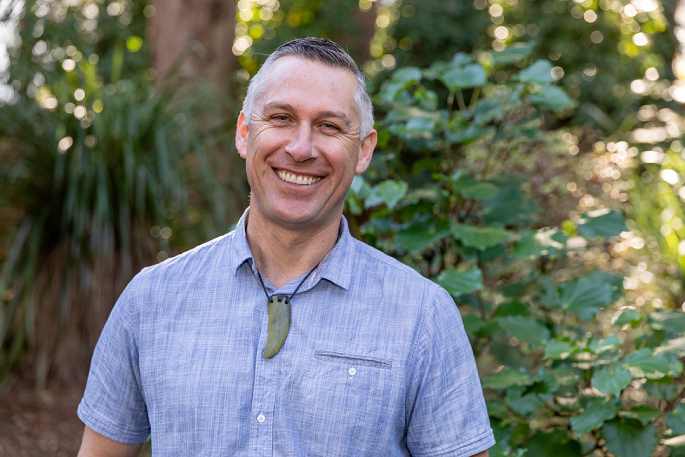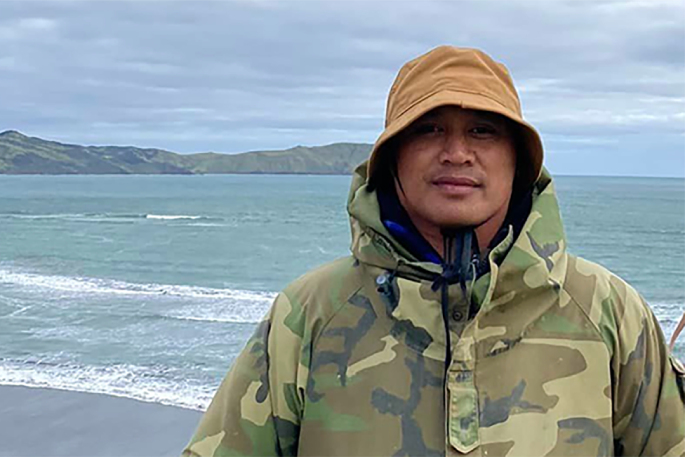Two University of Waikato researchers have been shoulder-tapped as investigators within the newly launched US$30million NSF Center for Braiding Indigenous Knowledges and Science based at the University of Massachusetts Amherst in the United States.
The CBIKS centre is about connecting Indigenous knowledge with mainstream Western sciences to create new ways to address some of the most pressing issues of our time: climate change, including impacts on ecosystems; the threat to irreplaceable archaeological sites, sacred places, and cultural heritage; and the issues around changing food systems, all of which disproportionately affect Indigenous communities.
The research team brings together the world’s leading Indigenous natural, environmental, and social scientists, representing Native American, First Nations, Métis, Native Hawaiian, Alaska Native, Māori and Aboriginal Australian peoples.
Community-based research and place-based studies will be done in partnership with Indigenous communities in eight international “hubs.”
 Director of Te Kotahi Research Institute Associate Professor Maui Hudson. Photo: Supplied.
Director of Te Kotahi Research Institute Associate Professor Maui Hudson. Photo: Supplied.
Director of Te Kotahi Research Institute Associate Professor Maui Hudson (Te Whakatōhea, Ngāruahine, and Te Māhurehure) and Senior Lecturer Dr Haki Tuaupiki (Waikato, Ngāti Tūwharetoa) at Te Pua Wānanga ki te Ao - Faculty of Māori and Indigenous Studies will work as part of the New Zealand contingent based at the Pacific Hub.
“Combining Indigenous and mainstream Western sciences to address complex global problems is an important step towards more equitable partnerships with Indigenous communities, the co-production of knowledge, and the development of place-based, community-centred solutions,” says Associate Professor Hudson.
“Indigenous ancestral knowledge, with thousands of years of articulation and practice, has always been important and extremely valuable, never more so than now.
"This international collaboration of Indigenous leaders and experts will see us utilise Indigenous ancestral wisdom in an ethical and culturally grounded way with the best of Western science to find solutions to climate change for our communities and the world.”
Dr Tuaupiki is Co-Director of the Pacific Hub alongside Kelley Uyeoka from the cultural resource management non-profit Huliauapa’a in Hawai’i.
“Our work will focus on food sovereignty, traditional food restoration, wāhi kupuna (ancestral spaces) stewardship, and voyaging and navigation responses to climate change," says Dr Tuaupiki.
Associate Professor Hudson will co-lead the Indigenous Data Sovereignty Working Group.
"This work is primarily about developing approaches and processes that enable the hubs and different studies to share traditional knowledge in the context of the different research activities while protecting that knowledge and ensuring it is not misappropriated," says Associate Professor Hudson.
Alongside research, CBIKS has an important educational mission. The centre will train postdoctoral researchers and graduate research assistants.
Workshops and camps for young people and government agencies will share knowledge and processes for ‘braiding’ Indigenous knowledge.
Associate Professor Hudson says that as part of the CBIKS Indigenous Science Study Abroad Program, the University of Waikato will also host students travelling from U.S.-based CBIKS Hub institutions.
The United States National Science Fund has invested over US $ 30 million (NZ $50 million) into CBIKS for five years, after which it will be eligible for further funding.



0 comments
Leave a Comment
You must be logged in to make a comment.